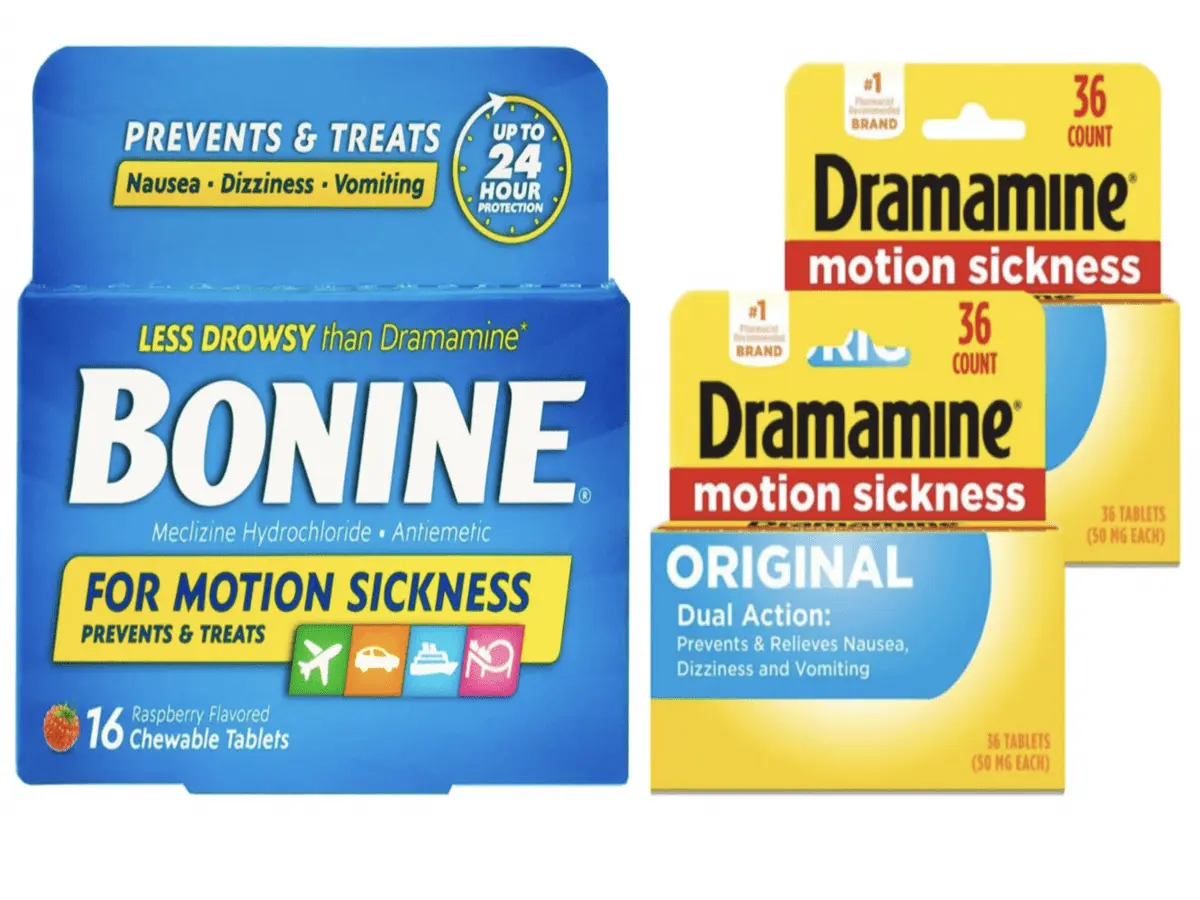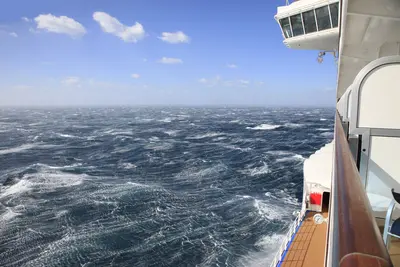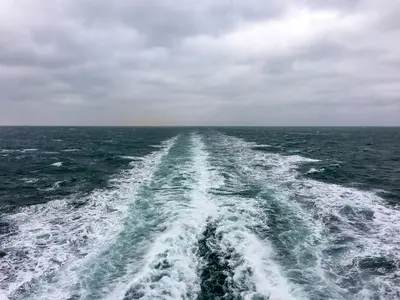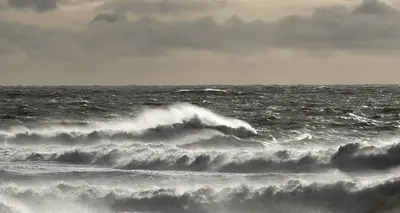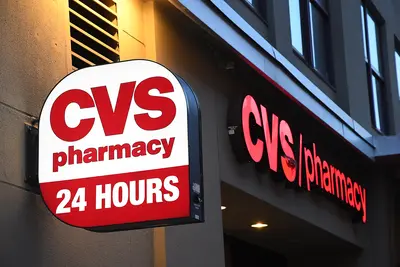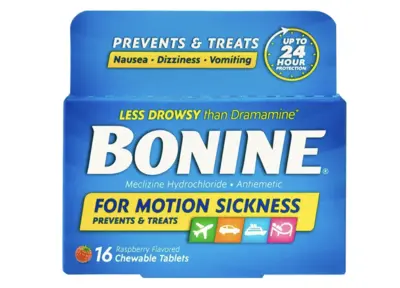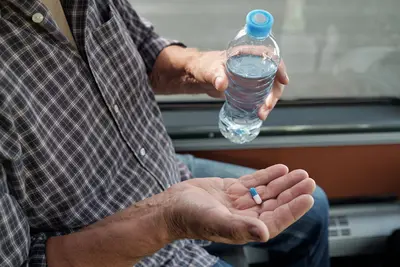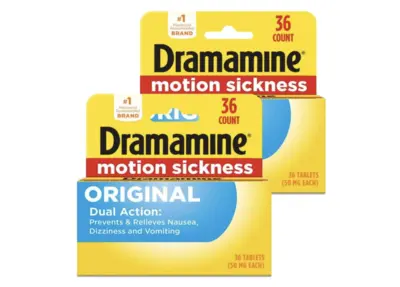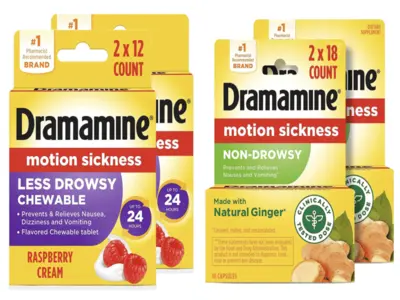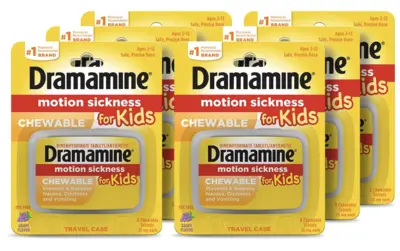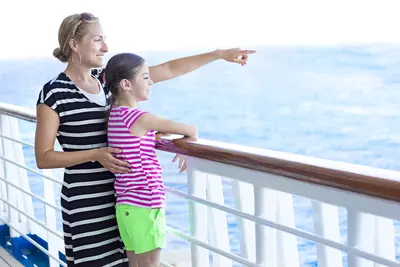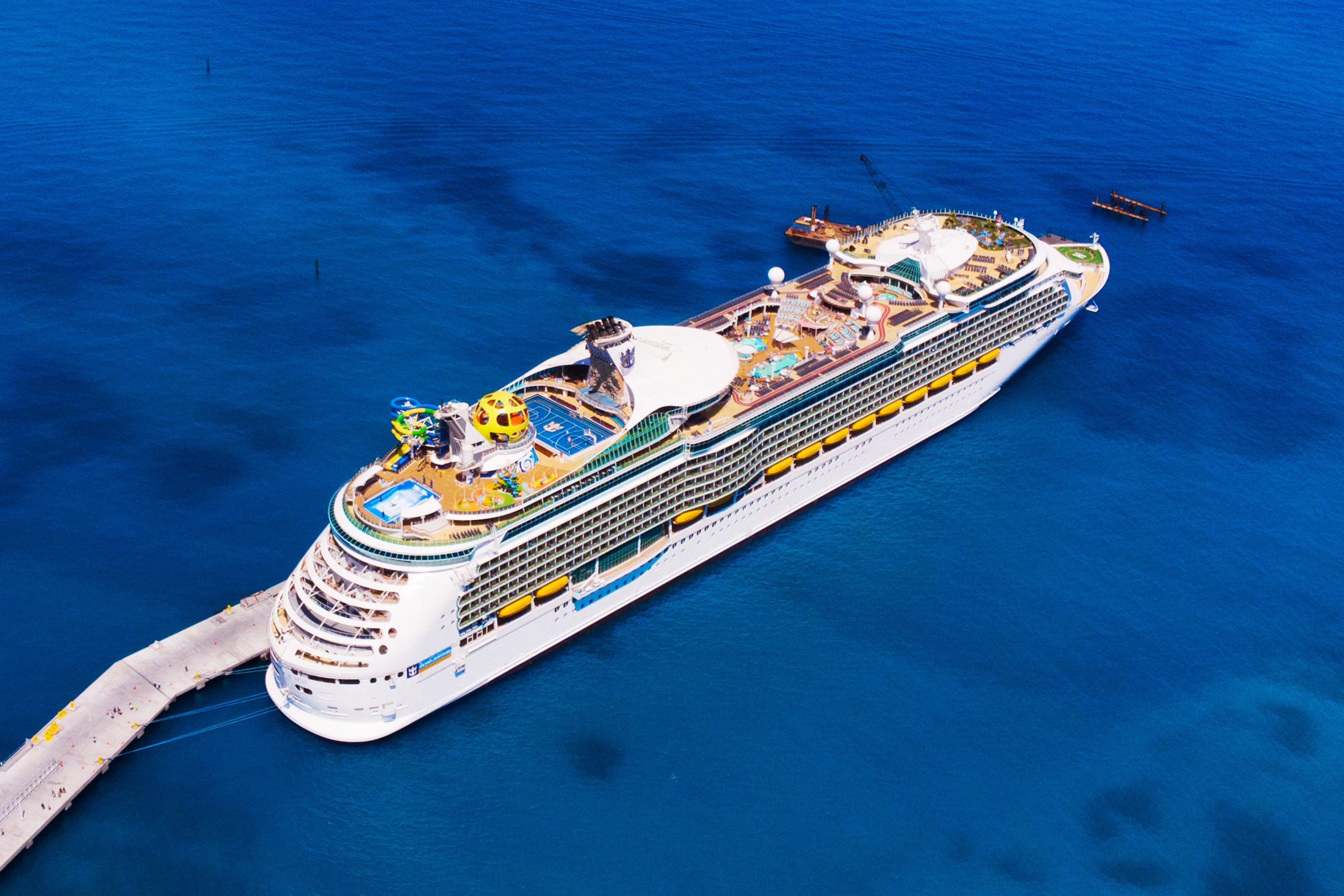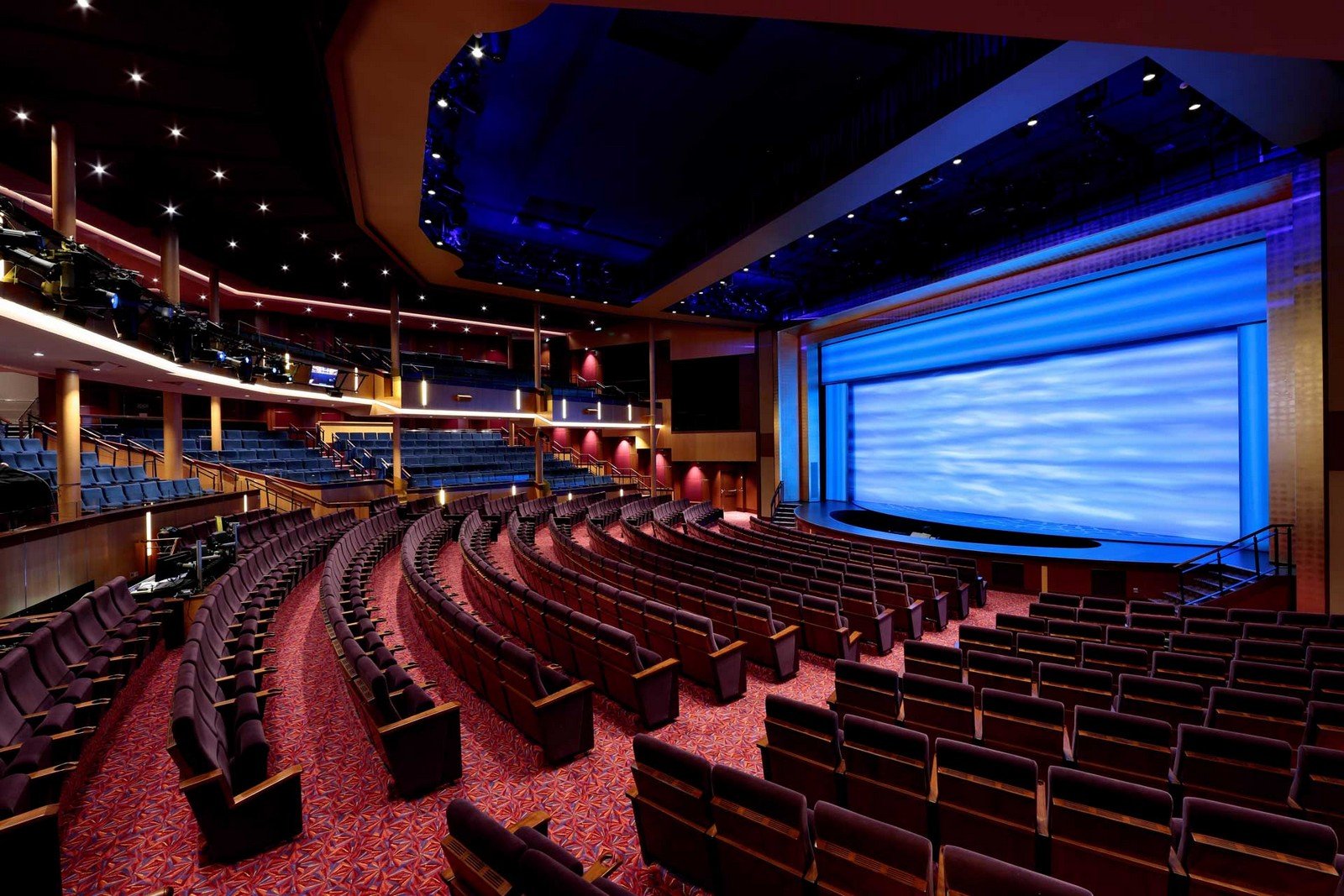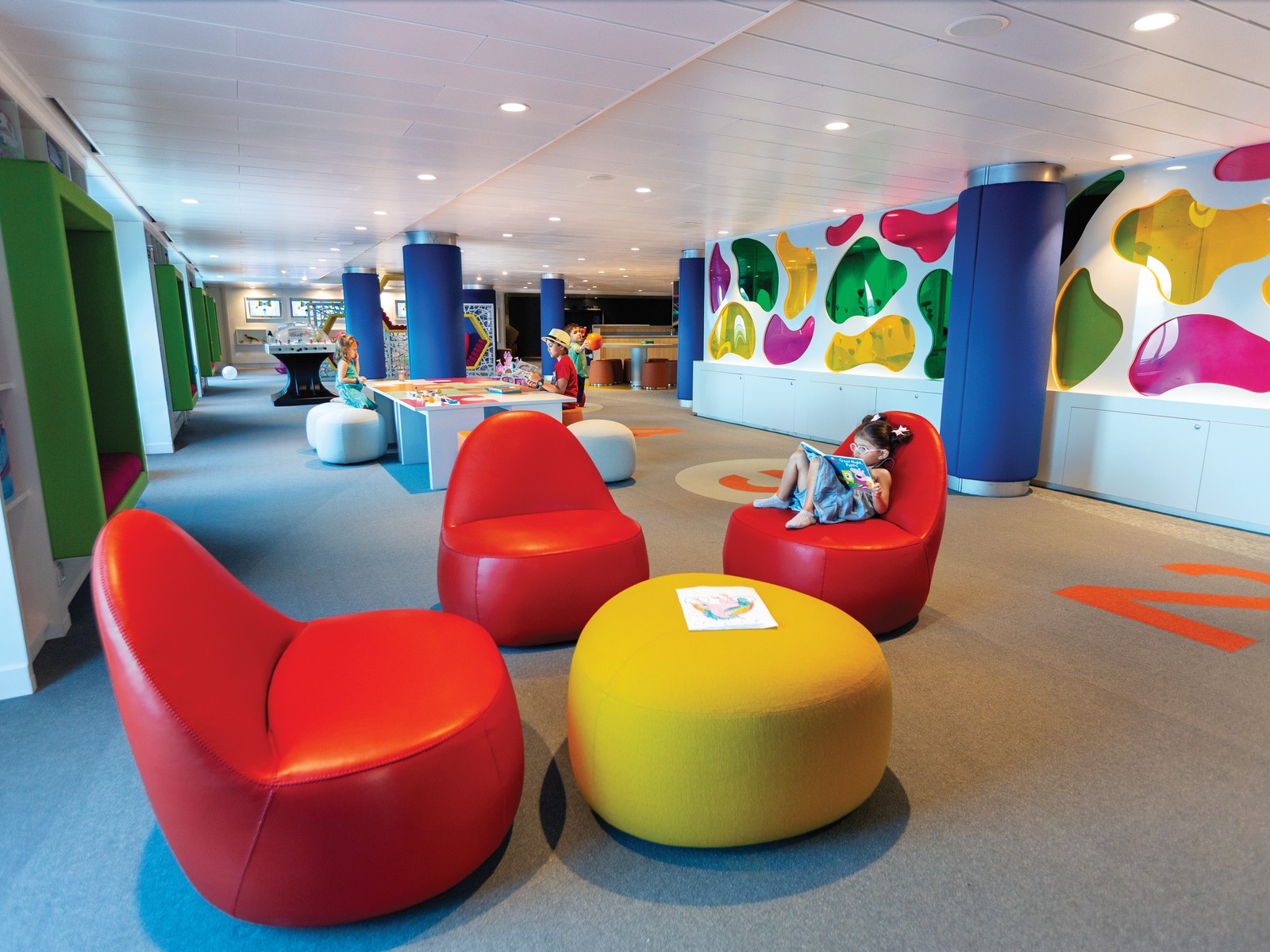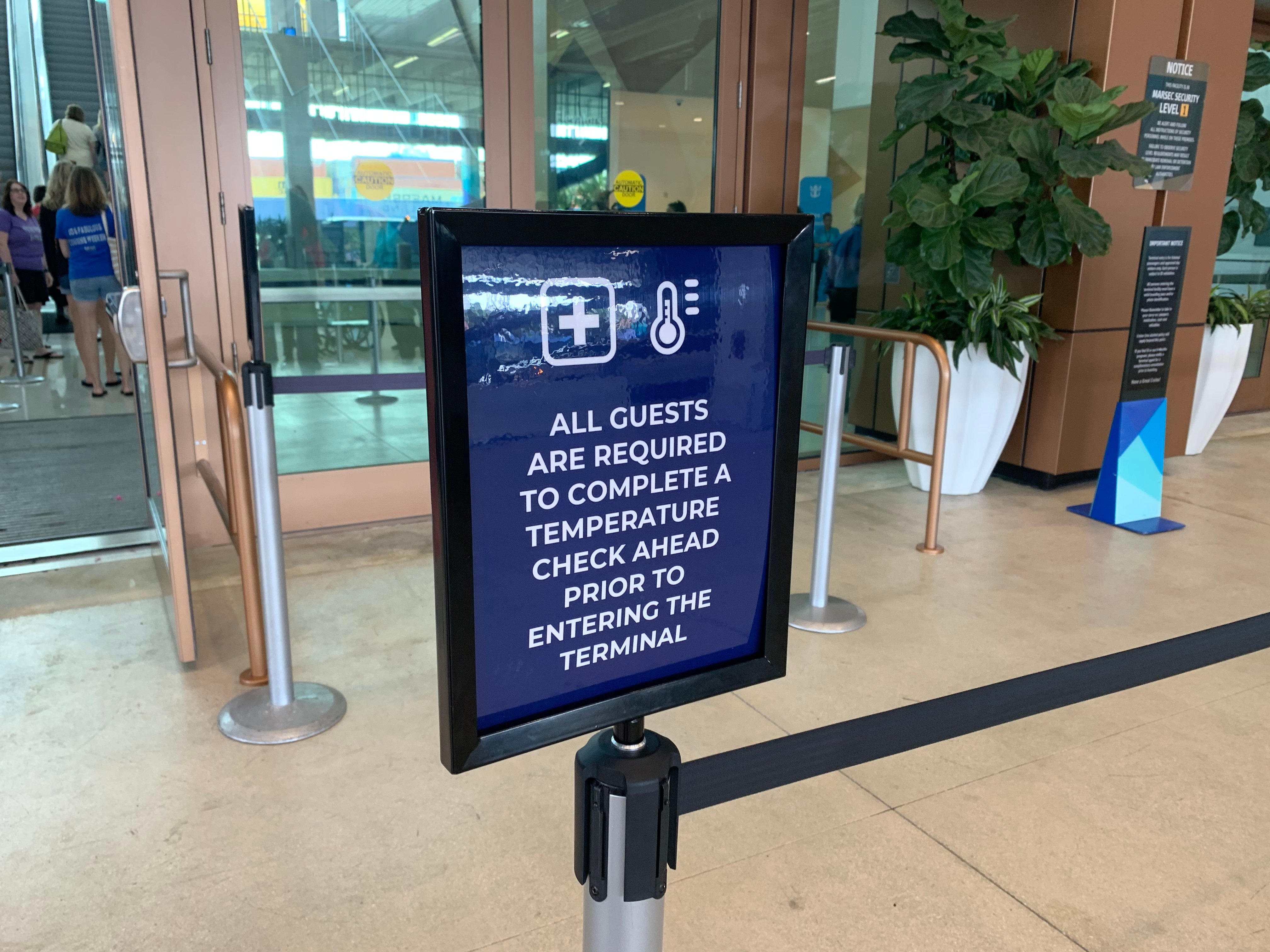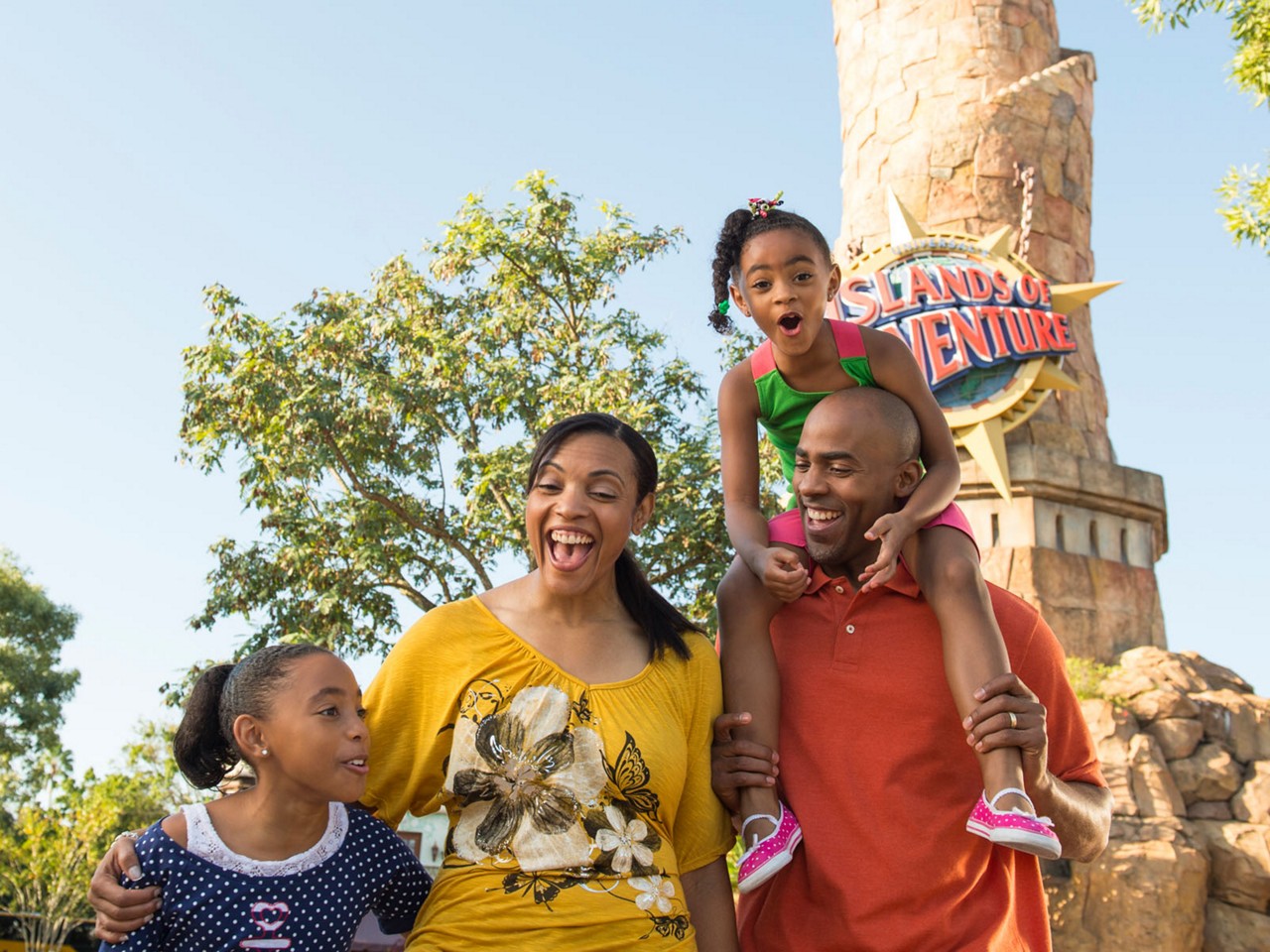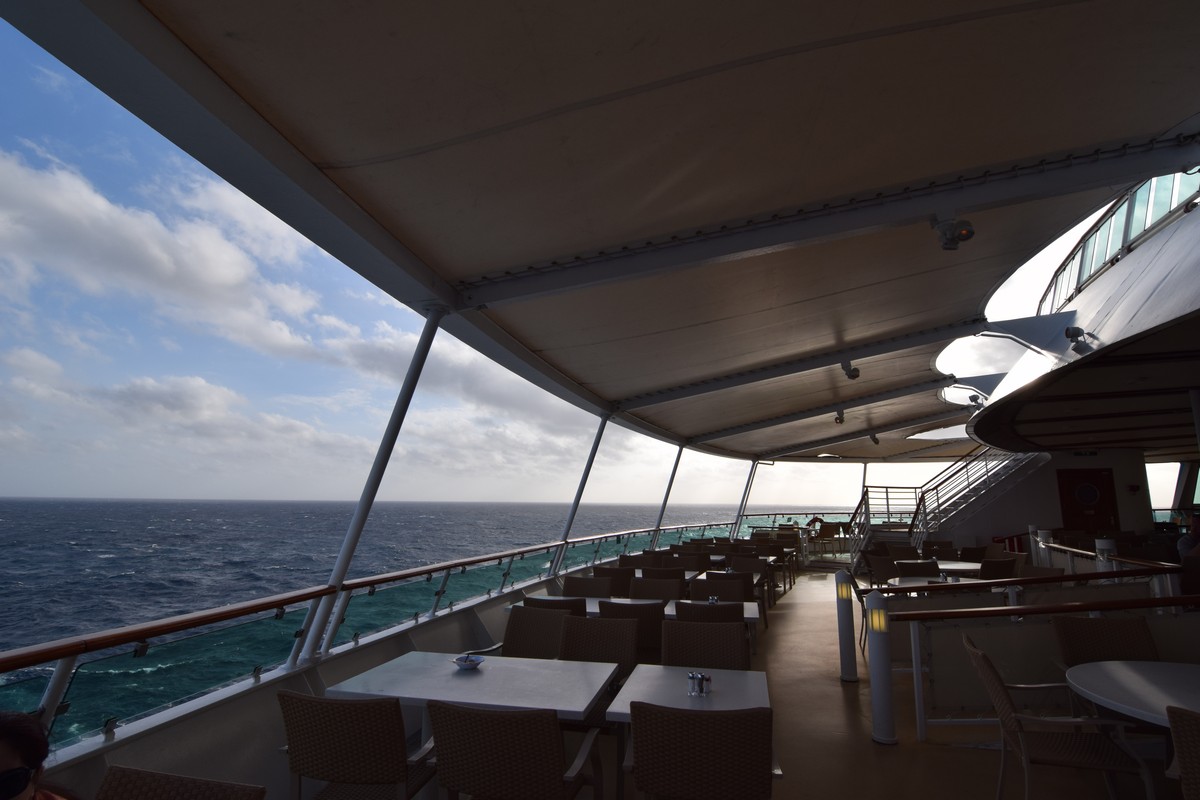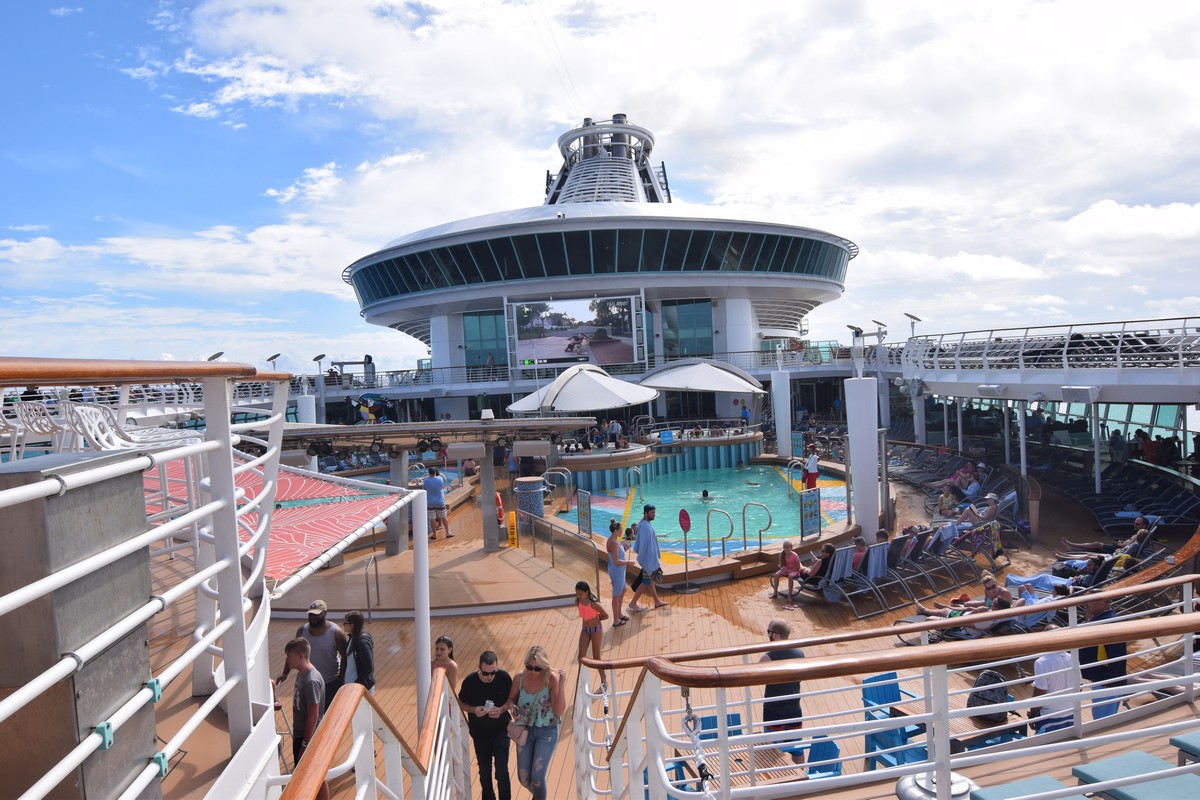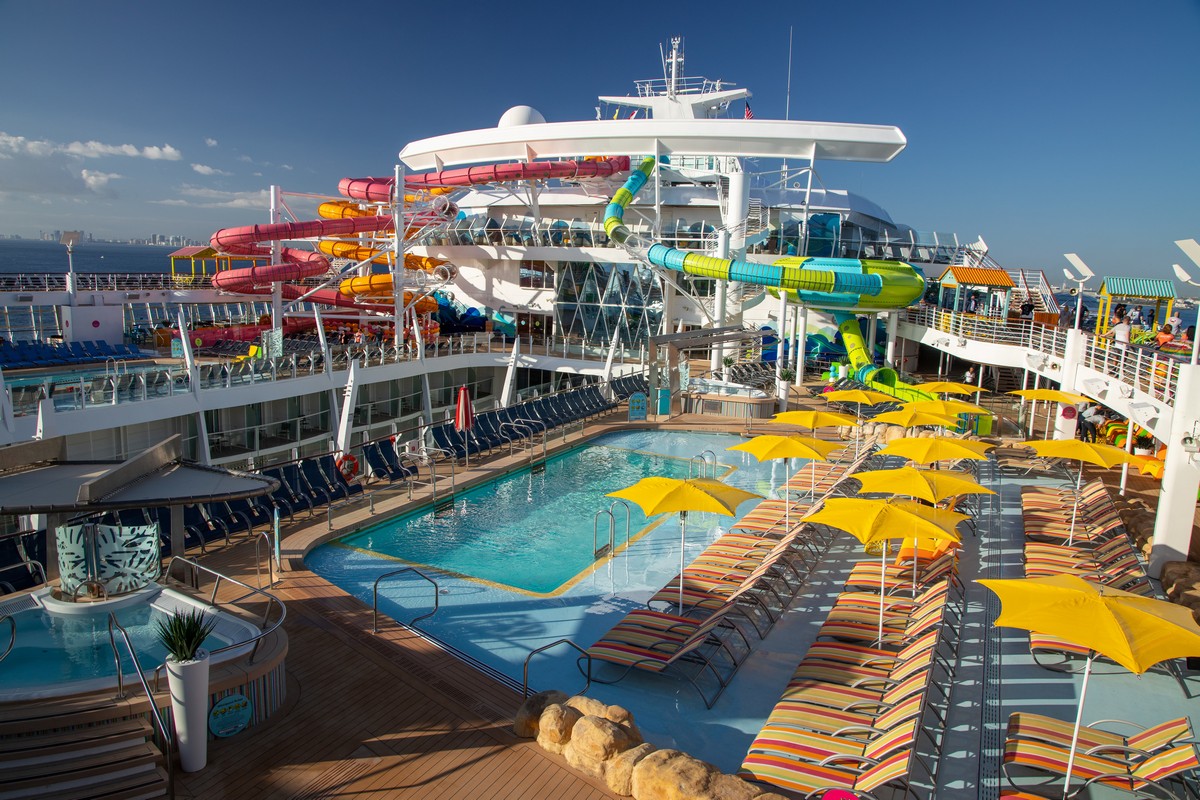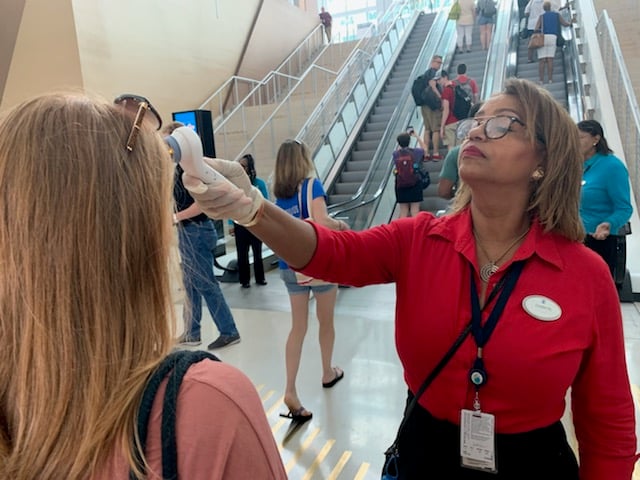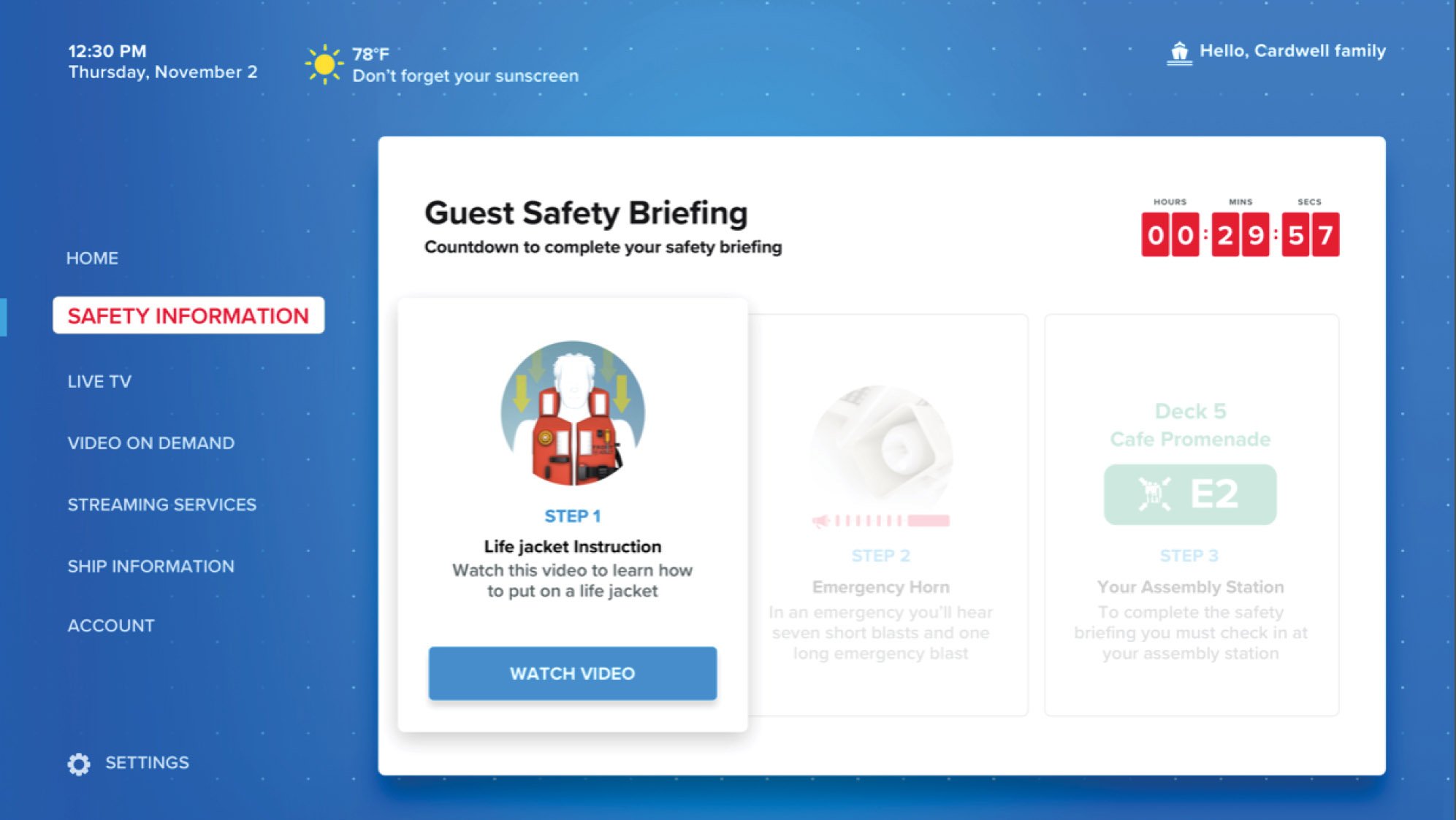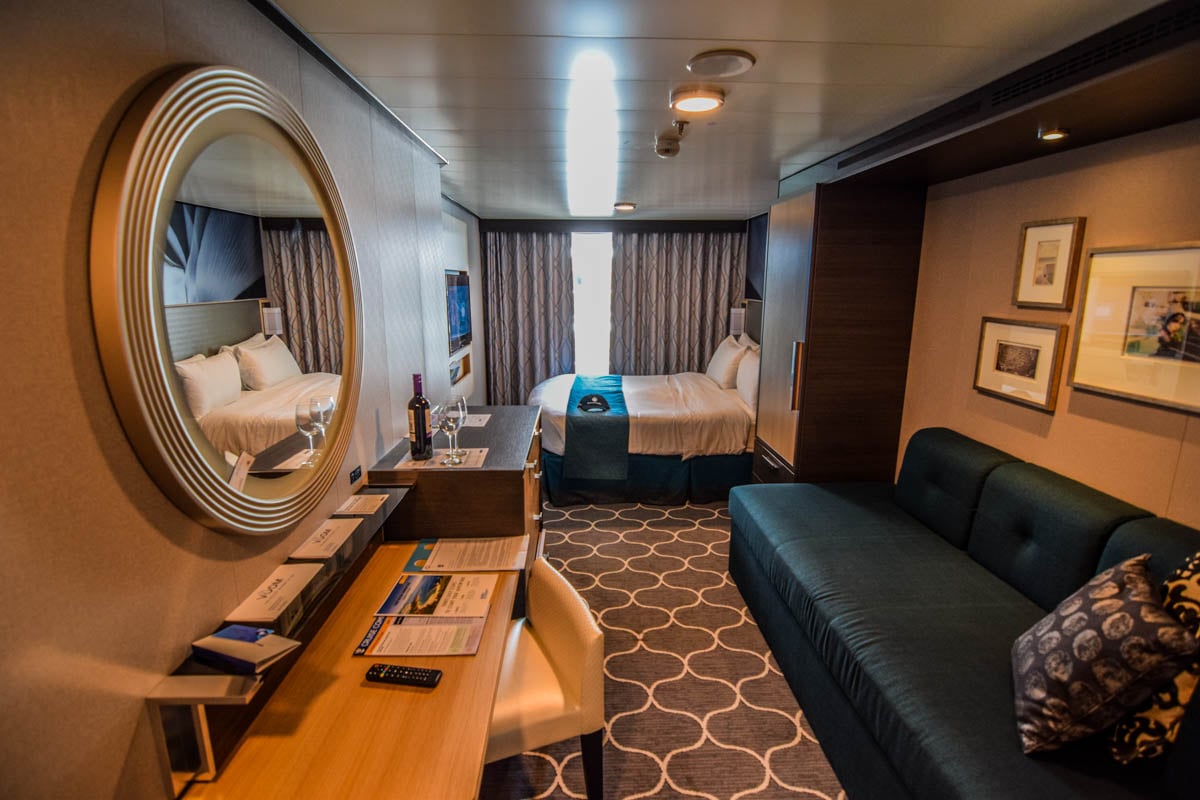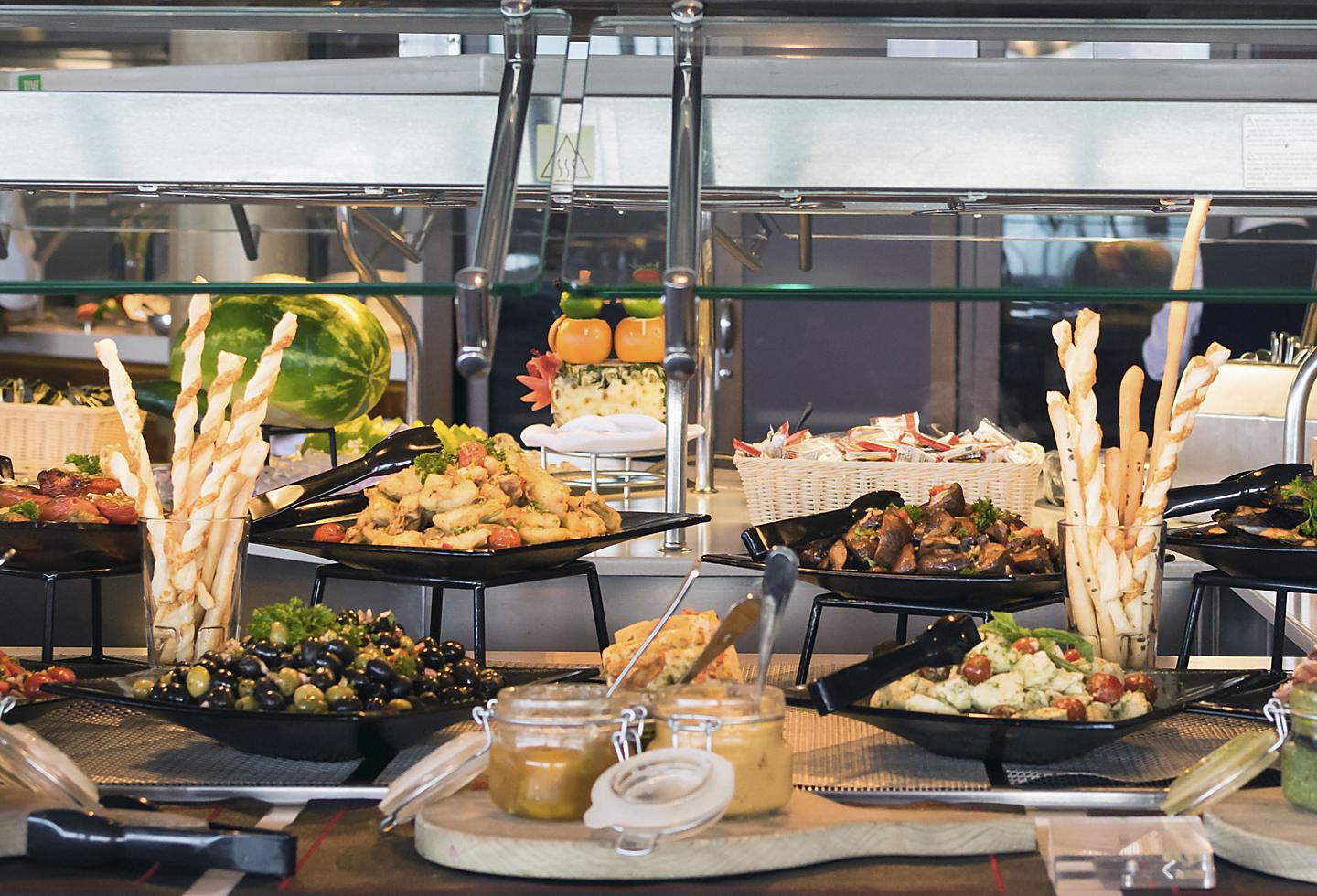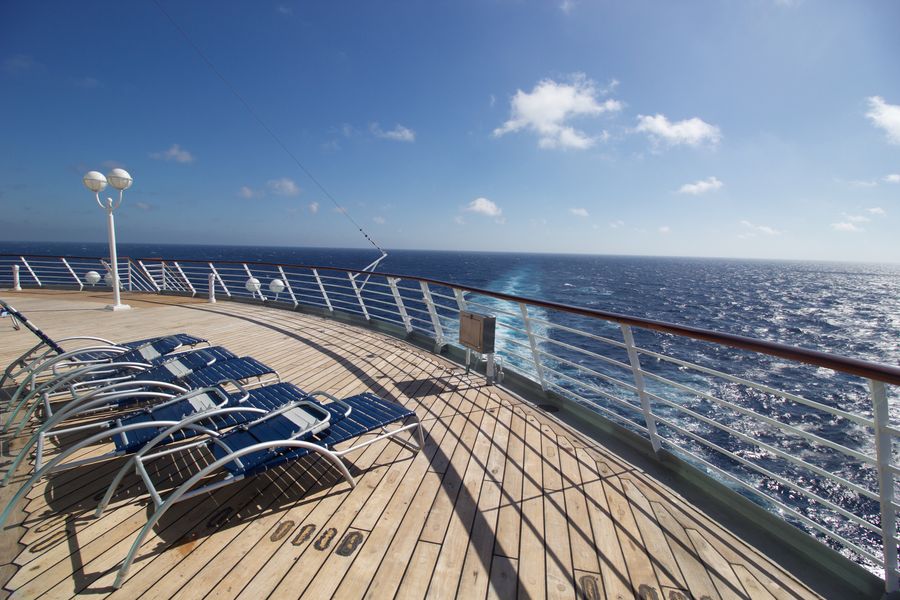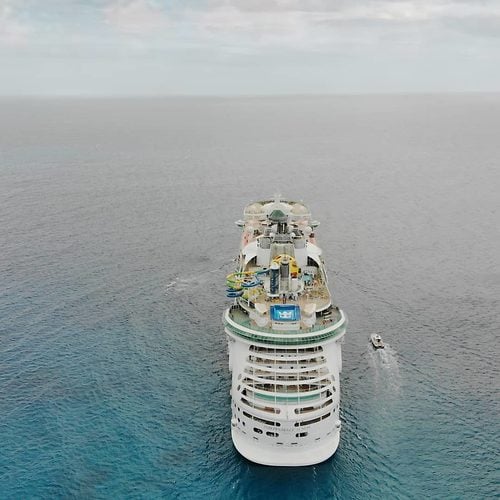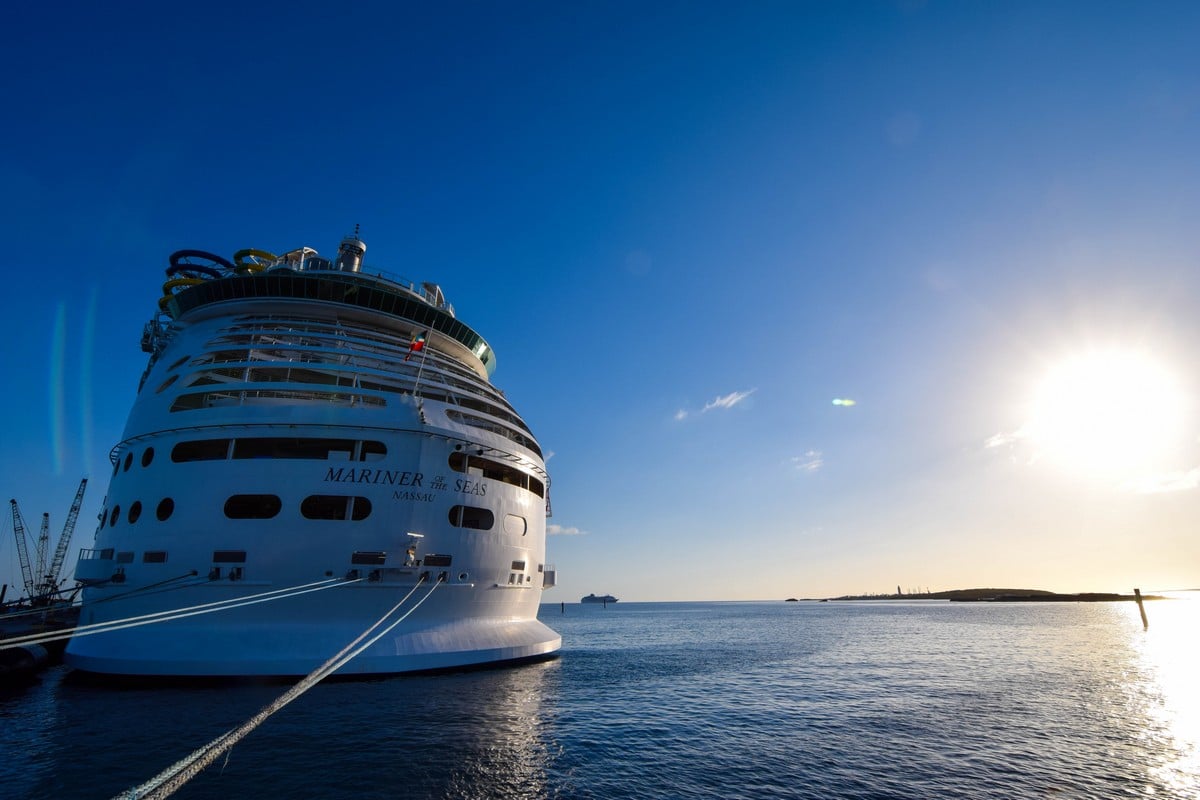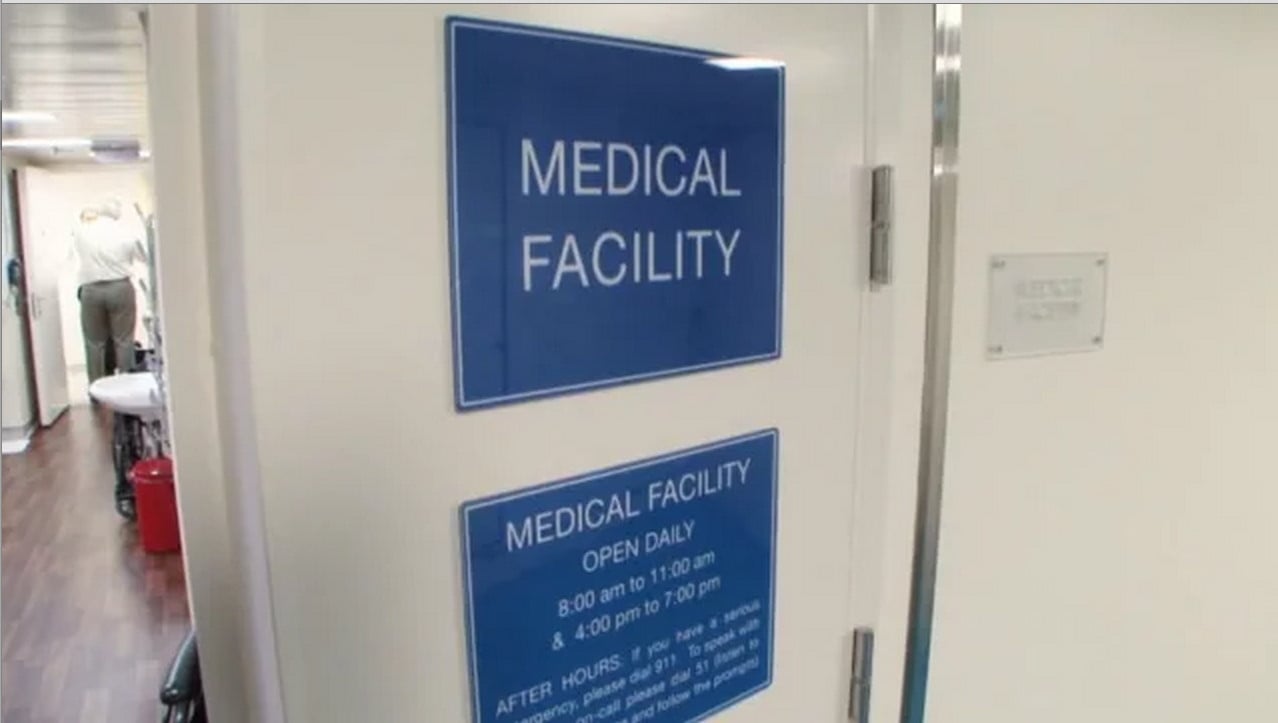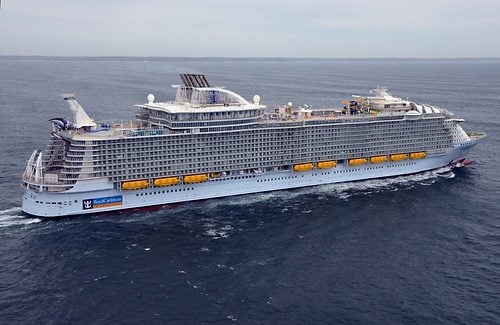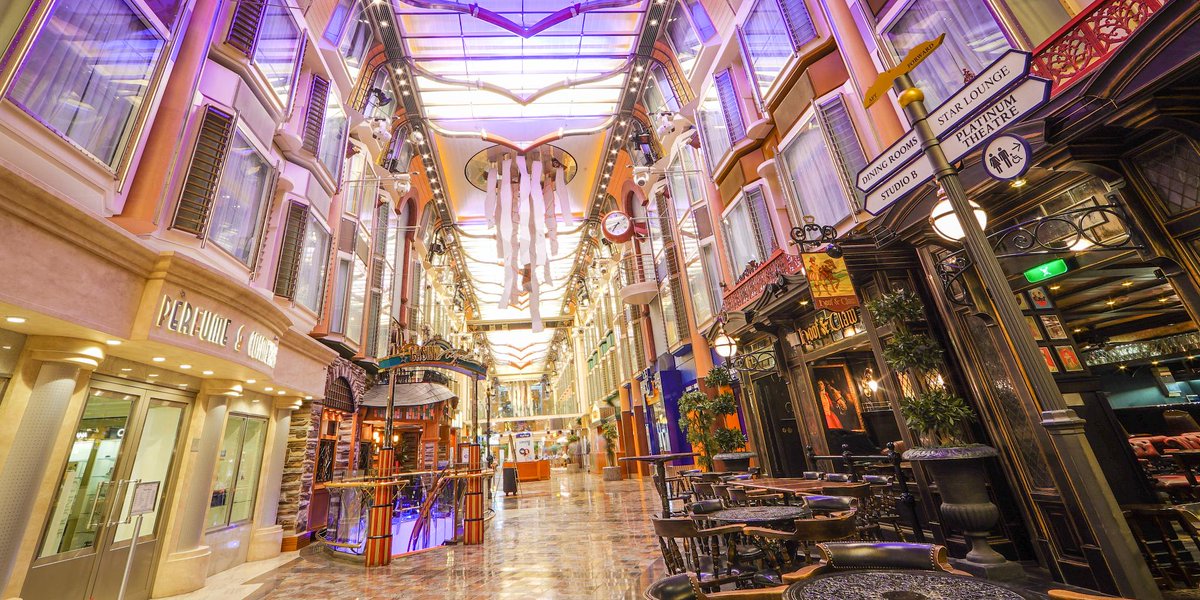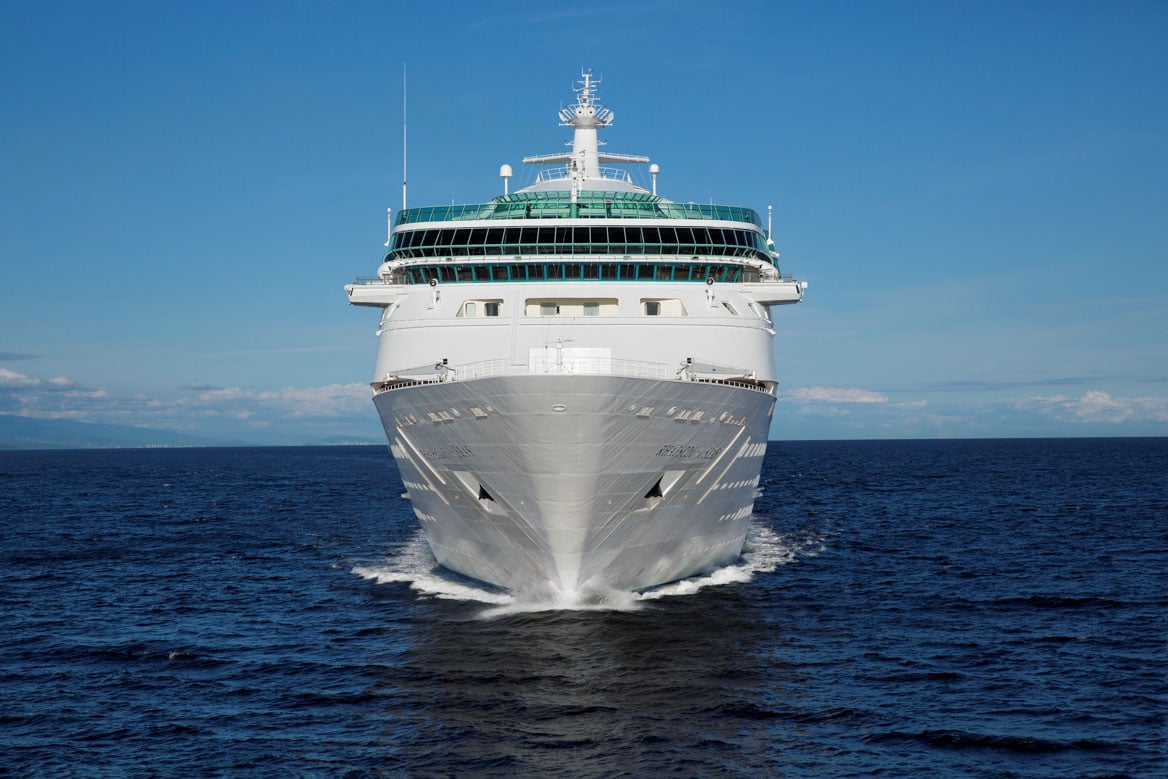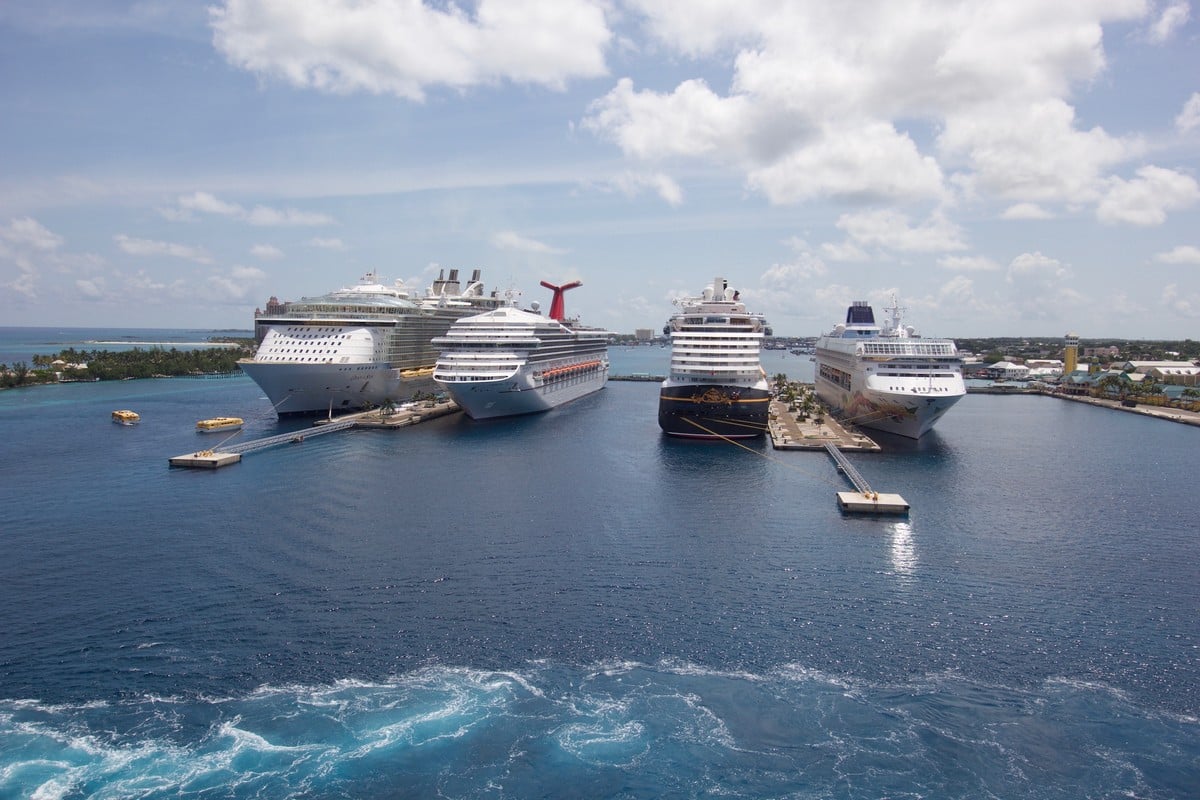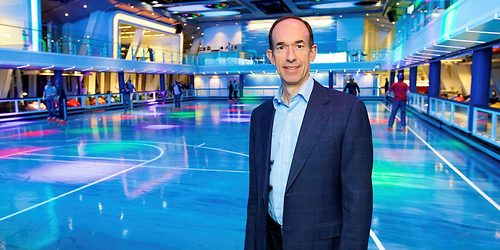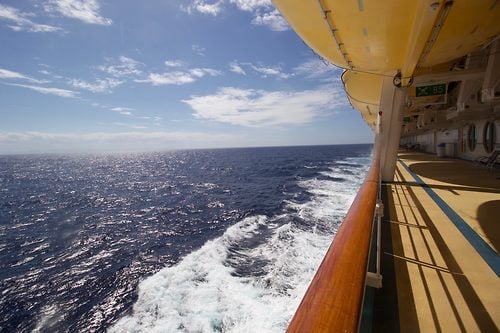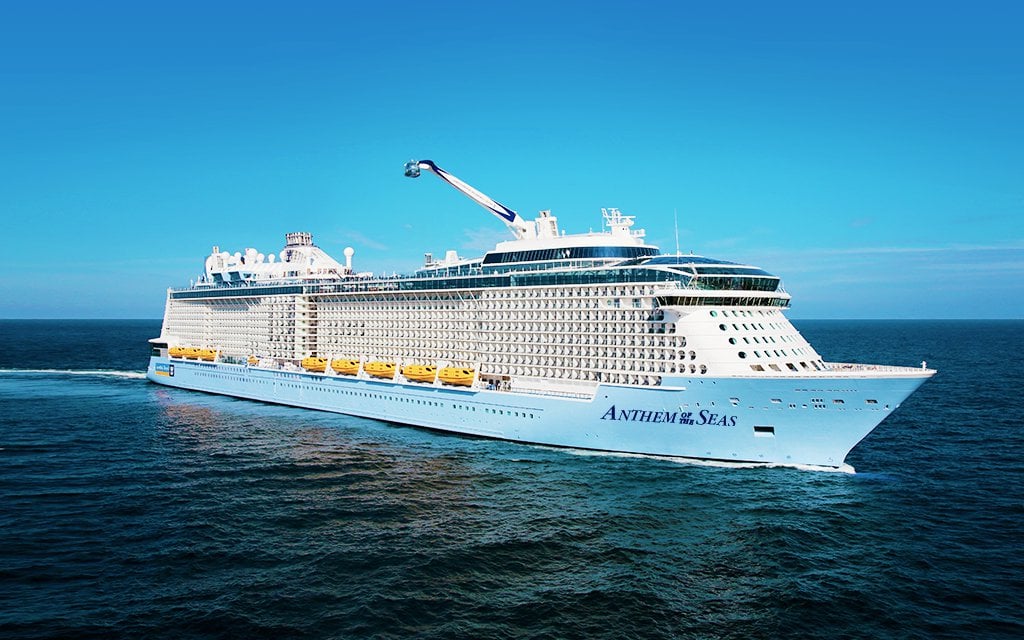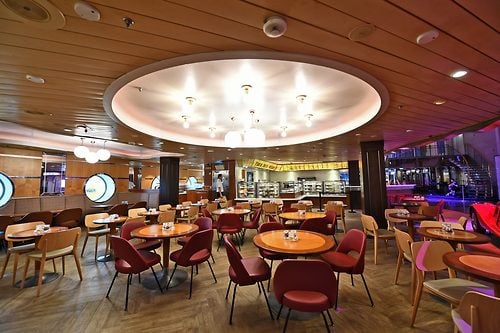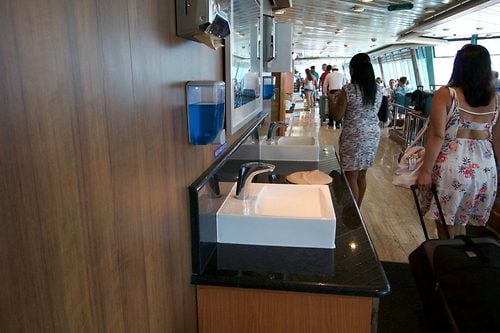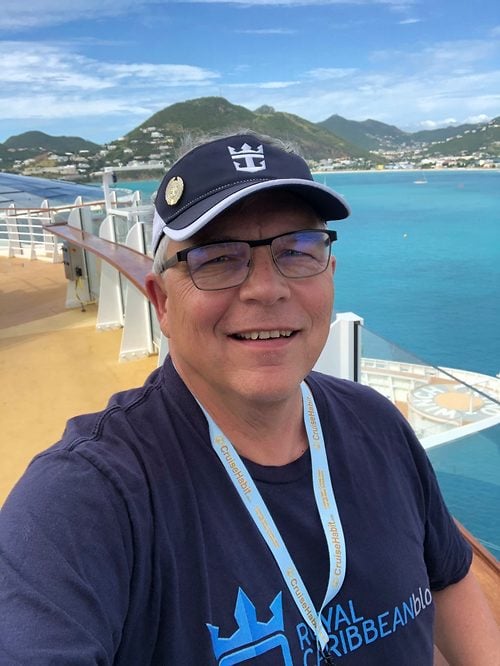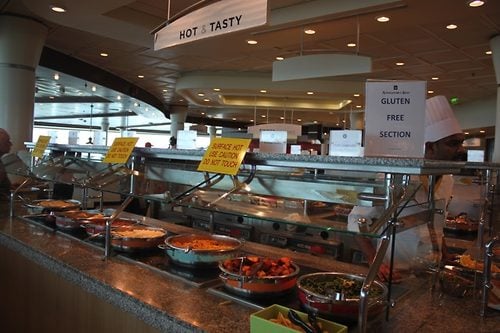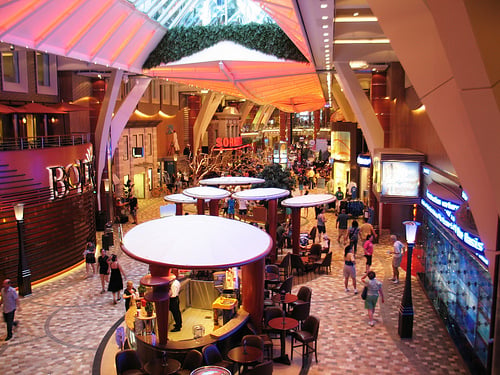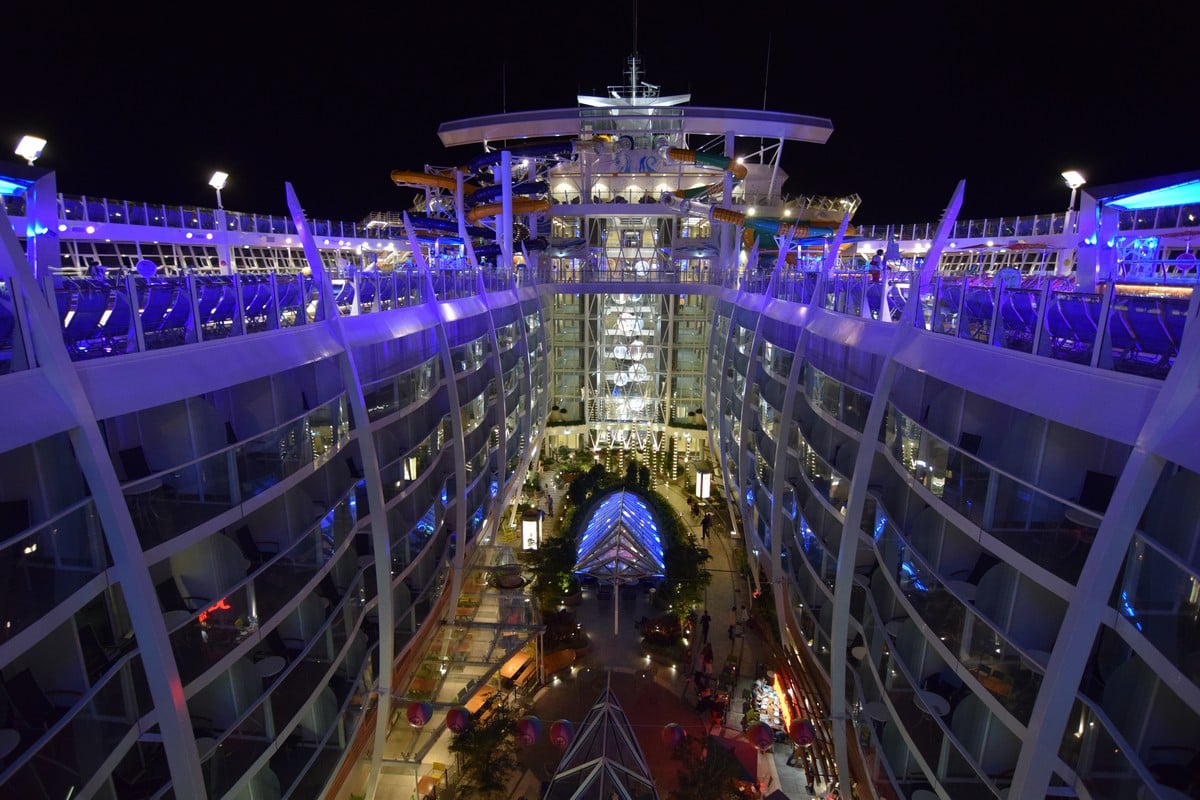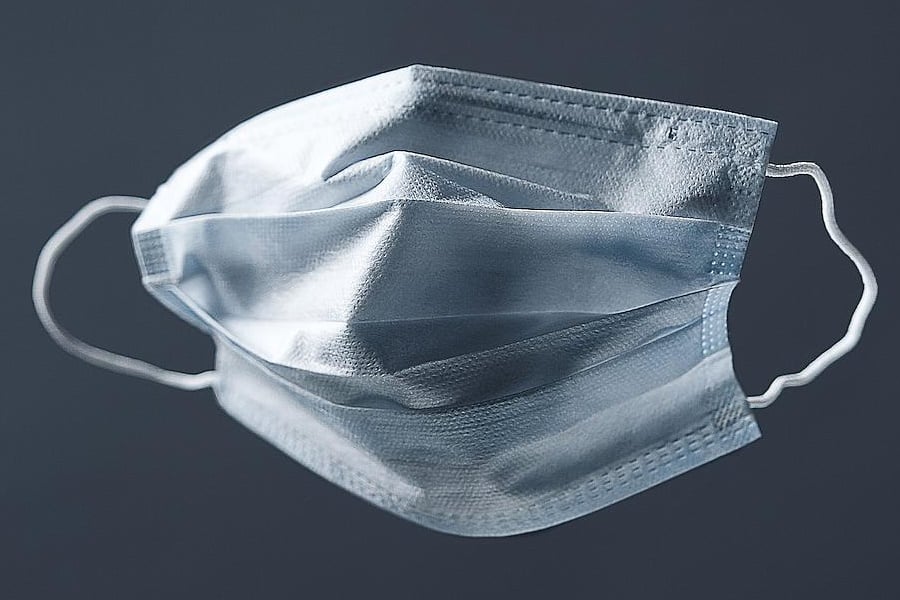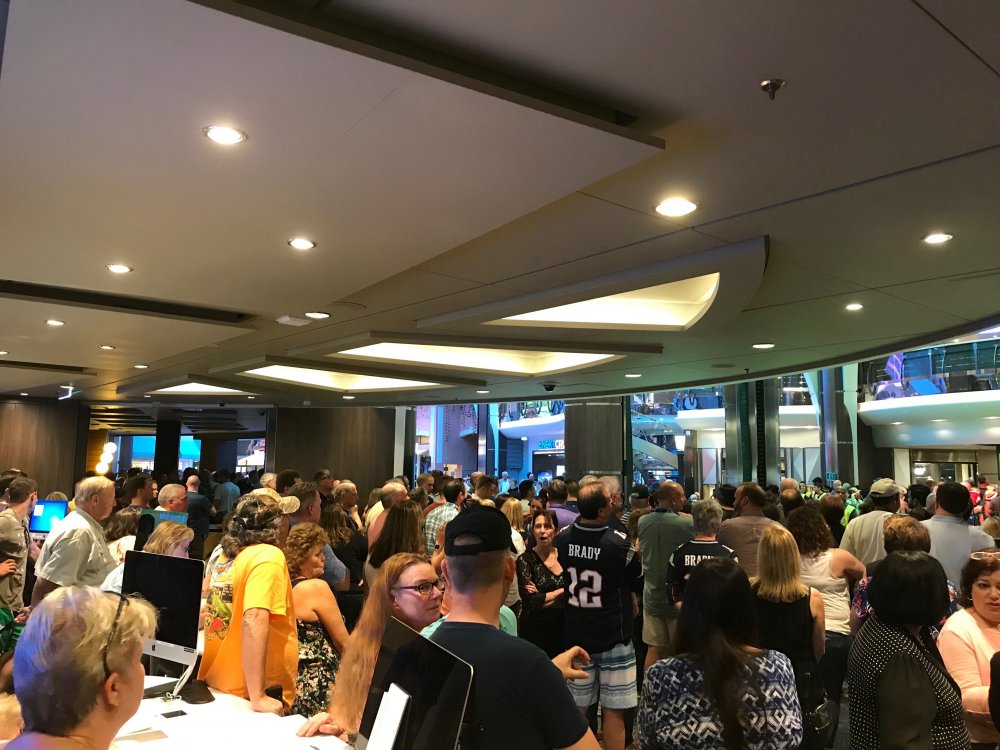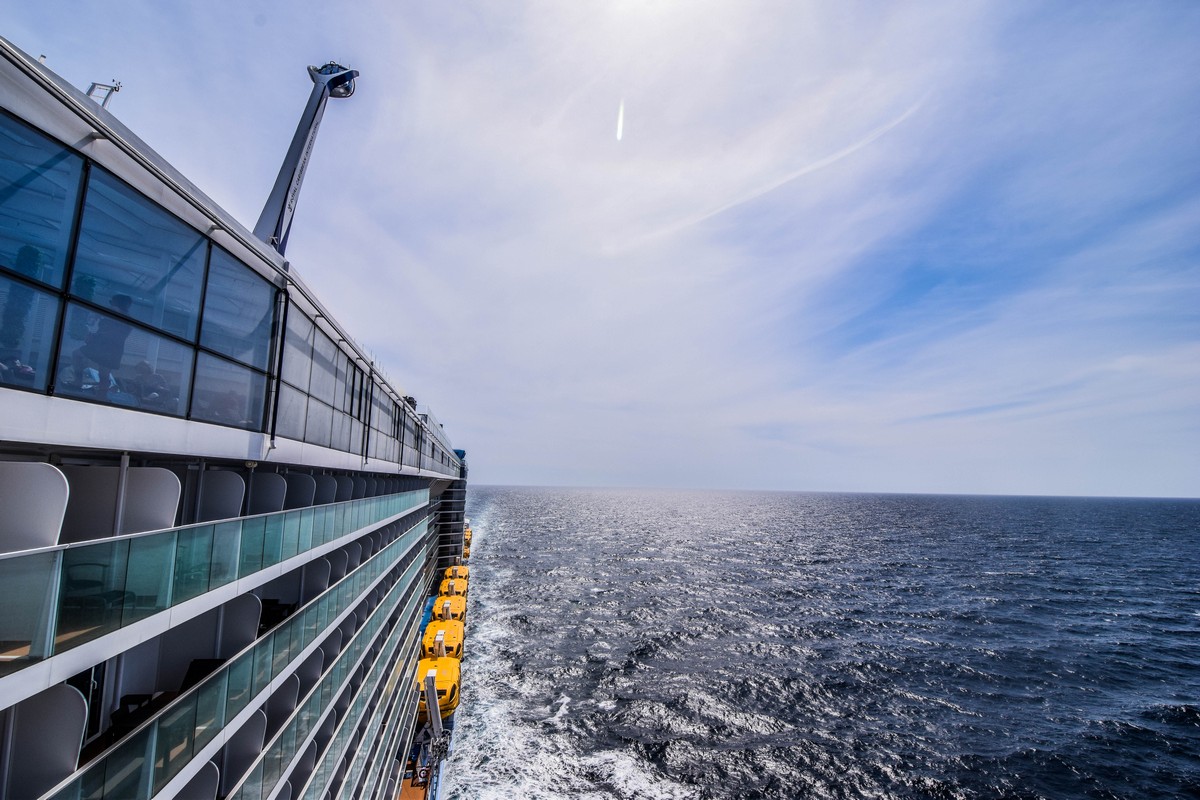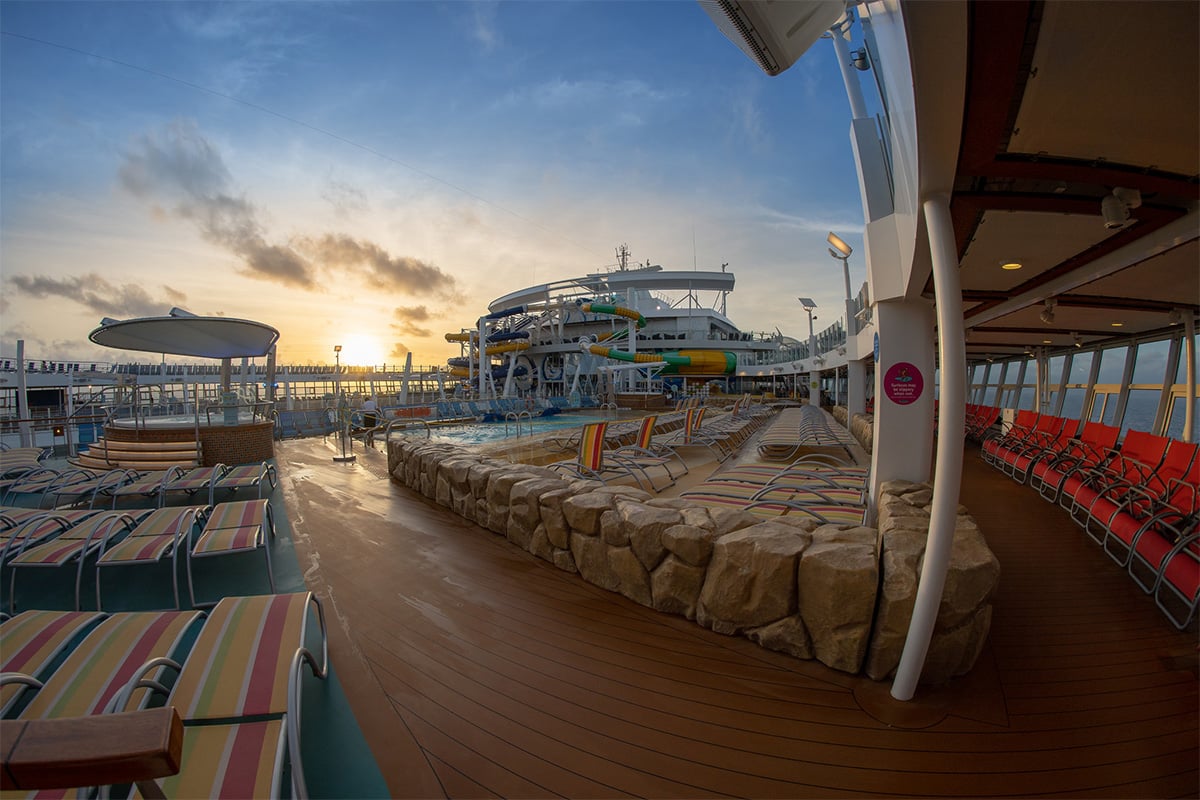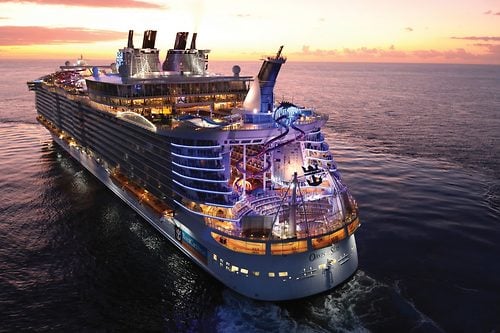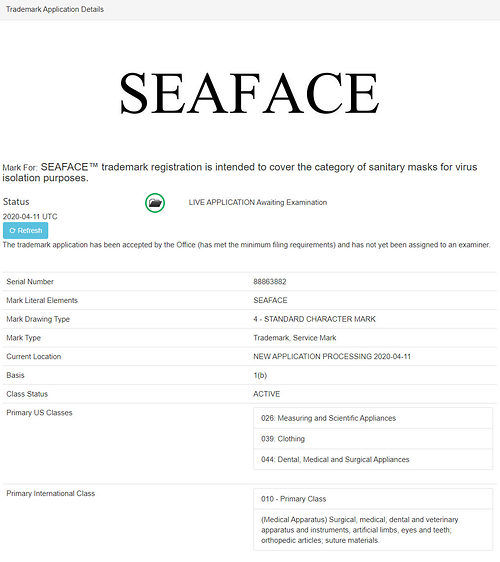What happens when you test positive for Covid on a cruise ship in 2023? Family shares their experience
In:It's been more than two years since Royal Caribbean restarted cruises following the industry shutdown in 2020, so what's it like today if you were to test positive for Covid while on your ship?
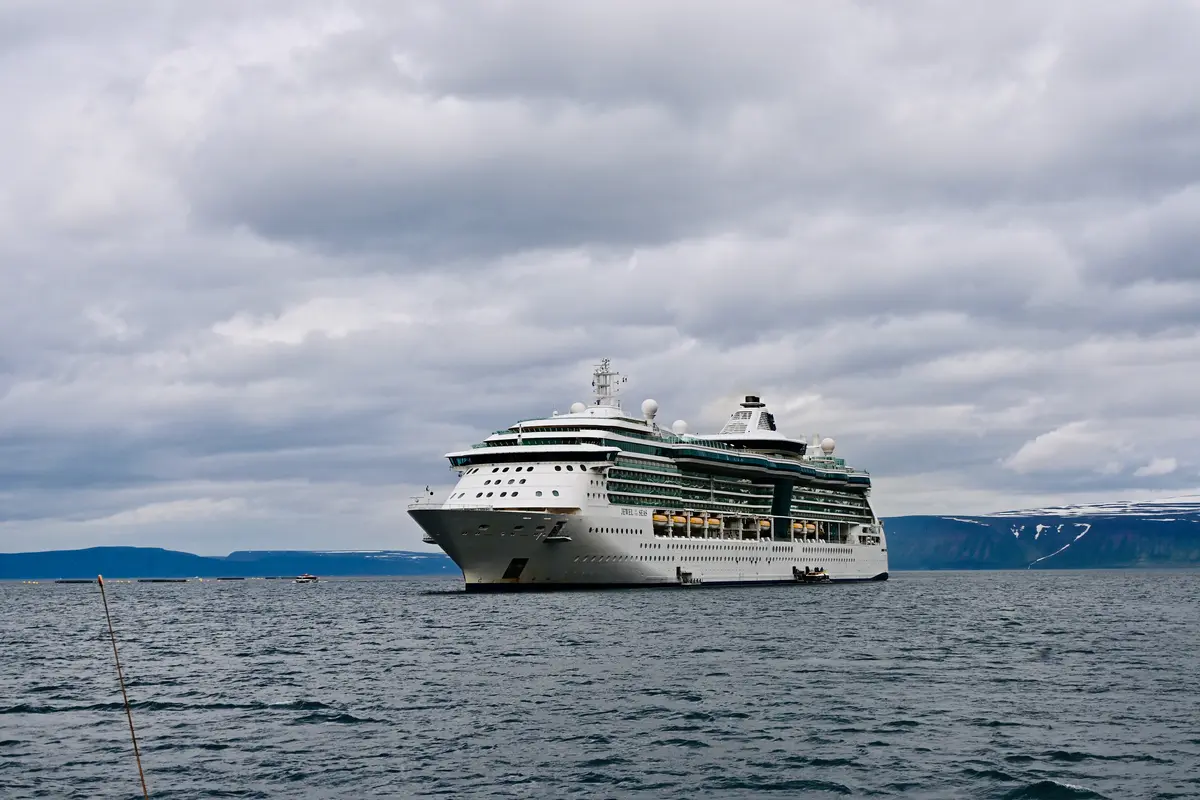
The cruise industry and the world as a whole have changed how they handle Covid cases, and thanks to a combination of new treatments and changes in the strain itself, the dangers posed are seemingly less troublesome today than in 2021.
But what happens if you were to have Covid while on a cruise?
I experienced Royal Caribbean's health protocols in summer 2022, but many of the policies in place then have since changed.
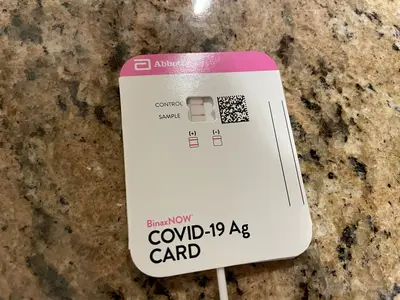
Royal Caribbean's website does not contain a great deal of information on the matter. It states if you were to have Covid in the days before your cruise, you'll be denied boarding and that travel insurance would be a good investment to have to cover such trip interruptions.
The cruise contract still has verbiage alluding to what they could do, but there really isn't a clear indication of what to expect.
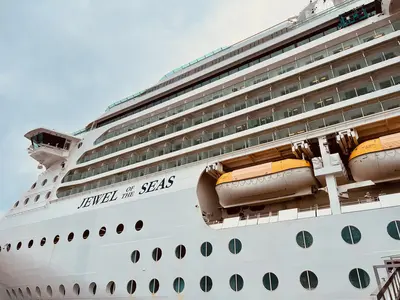
Royal Caribbean Blog reader Jim Rose returned from a cruise on Jewel of the Seas to Greenland in September 2023, where he and his wife tested positive a few days before the end of the sailing.
He provided a recap of his experience. Keep in mind his experience may vary from your experience, as regulations are changing all the time.
Testing positive
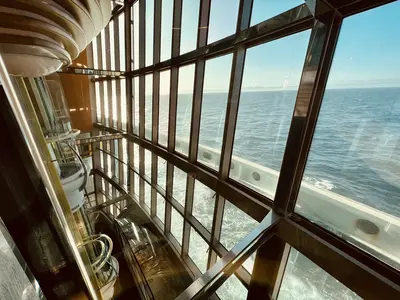
Towards the end, both my wife and myself tested positive for Covid. It reminded me of an earlier story posted on Royal Caribbean Blog about what to expect. This allowed me to better understand what to expect. Since there hasn't been any recent reported updates about this, I figured I would report our experience in case someone else should have to experience the situation.
Starting overnight of day twelve, my wife wasn't feeling well. By morning, she was obviously not doing well.
Based on previous information posted on this blog, and suggestions posted on the cruise Facebook page, I had brought several Covid self tests. I did not bring any (useful) extra medicine that had been suggested (such as NyQuil).

I tested my wife, twice, and both quickly came up positive. I also tested myself and it came up negative. Based on this, we contacted medical, and were told to come over to their office on deck 2 forward and to wear masks. Since we had brought masks, we were able to go immediately over.
The on-duty nurse listened to what we had to say. Then, since my wife was the positive result, they asked about medications and medical conditions (normal type questions) before being escorted to an exam room. Explained the situation to the doctor who checked my wife.
After verifying the result, he instructed she take generic Nyquil and cough drops (both provided by the ship) and to take an allergy medicine (which I happened to have some in the cabin).
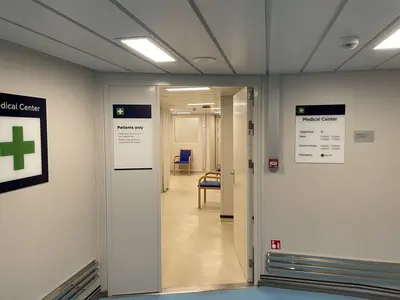
He also explained that since the cruise only had 3 days left in the cruise, she would need to remain in our cabin for the remainder of the cruise (and not the required 5 days). Because I tested negative, I was still free to roam around and not be in isolation.
The doctor also explained that both Guest Services and medical would call to check on her twice a day and that Royal Caribbean would provide us with free 1-device Wi-Fi and room service delivery. No cabin change was instructed or offered.
After getting my wife back into our cabin, I was free to do as I wished. I decided to wear a mask for most of the time I was out of the cabin. During this time, I started to realize as the day went on that I may also be getting sick.
The next day, I also tested positive, and was called down to medical. I went through the same medical review and exam. I assume because my explained symptoms were slightly different from my wife's, I was given an allergy medicine, which was good since I was now running out, Thera-Flu, and cough crops. I also knew I now was in isolation.
What it was like in their cabin
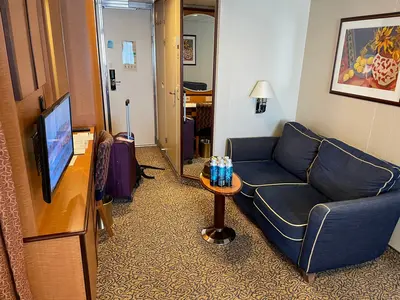
We found we weren't that hungry, but did order food from room service, including (for Royal Night) Lobster Tail and other items from that night's Main Dining Room menu.
Medical and Guest Services regularly called us to check on how we were doing. Unfortunately, we weren't always able to know which one it was due to being sick.
Guest Services also provided us with disembarkation instructions that were later clarified.
We also received letters stating Royal Caribbean would be refunding us our cruise fares (3 days for my wife, 2 days for me) and we would be notified by Royal Caribbean on what that amount would be.
Disembarkation
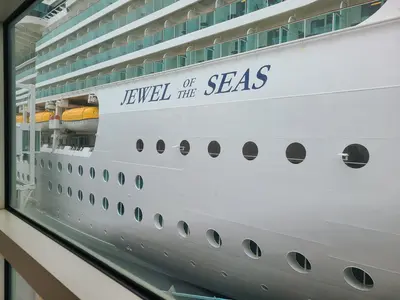
The night before disembarkation day, we received call from Room Service asking us for our breakfast order. We placed an order and were told it would be delivered at about 6:30 AM.
The day of disembarkation, we received a call from Room Service notifying us of our breakfast delivery. All of our luggage was packed and in our cabin.
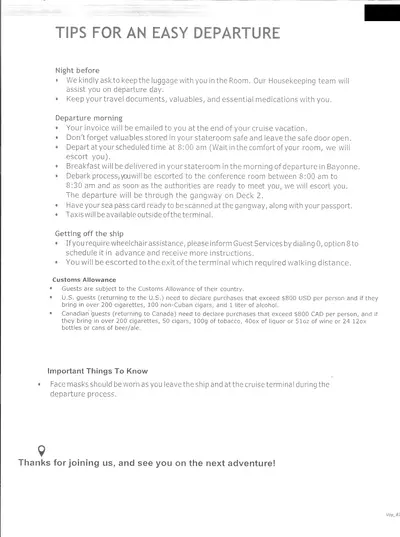
Then at about 8:00 AM, an officer arrived with new KN-95 masks for us and to escort us out of the room. We were led up to Deck 5, past a number of people in line to exit the ship, and to a conference room. This is where we joined a number of other guests also wearing masks.
Because we could not carry all of our luggage, some was left behind in the cabin and was later delivered onto a luggage cart outside the room.
After a few more guests joined us, a couple of Customs Agents came into the room and began to process us there. This took time since they had to take a cell phone picture of a person, take their passport, and send/receive on the the information for each person.
Once this was done, each couple was eventually escorted out of the room. We were eventually escorted out of the room and (with our luggage) were escorted down the forward elevators to deck 2, where we were led off the front gangplank and onto the dock.
We walked around the side of the building, bast the gate guard, and to the front of the terminal building where we had our friend come and pick us up.
Jim's thoughts
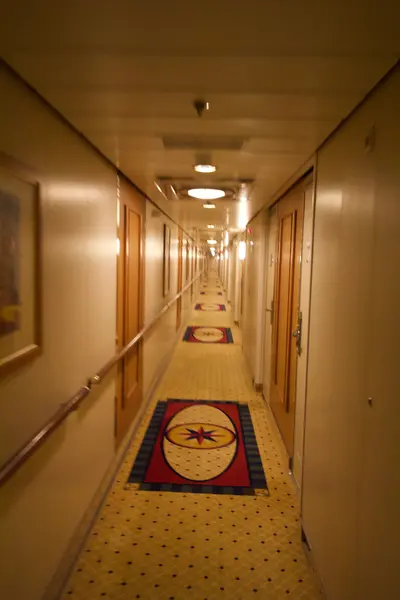
Considering the circumstances, it appeared Royal Caribbean tried to take care of us while trying to follow the current U.S. Government rules, and to allow us to rest.
It was no fun being sick (and still does since we are still recovering as of my writing this) and missing out the last few days of the cruise. But, overall Royal Caribbean did a reasonable job of handling the situation.
In case anyone was interested, there were about 25 people in isolation on disembarkation day, and a number of others reported in a Facebook group post (since removed) of feeling sick after getting home.


